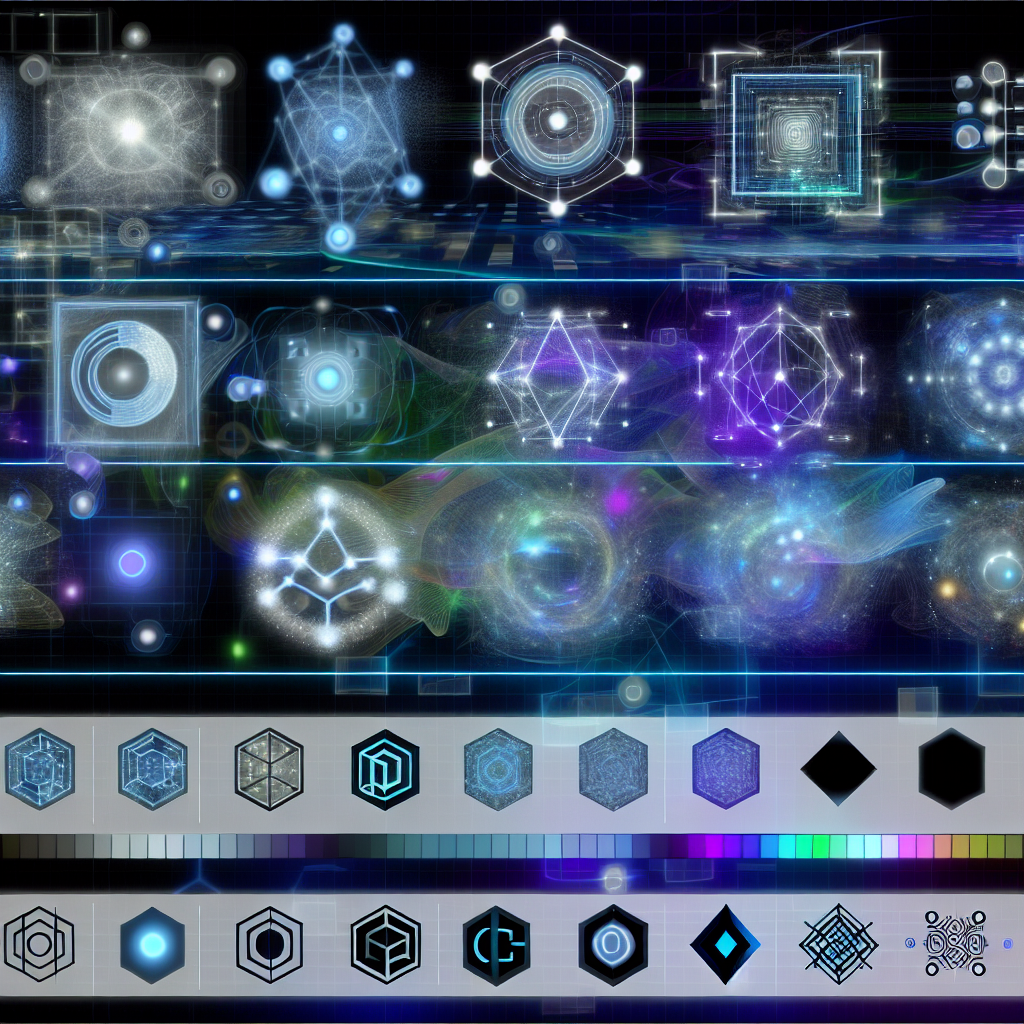In the evolving landscape of technology, two formidable forces have emerged: blockchain and artificial intelligence (AI). Their convergence is not merely a trend; it represents a profound shift in how we conceive and structure systems of trust, security, and intelligence. Within this article, we will explore the intricate relationship between AI and blockchain development, unraveling their potential synergy and implications for various industries.
Understanding Blockchain Technology
Blockchain technology operates on the principle of decentralization. By distributing data across a network of computers, or nodes, it mitigates the risks associated with single points of failure. Each block in the chain contains a set of transactions, cryptographic hashes, and timestamps, creating an immutable record that is both transparent and secure. This transparency fosters trust among participants, making blockchain a compelling solution for sectors such as finance, supply chain, and healthcare.
The Role of Artificial Intelligence
Artificial intelligence, on the other hand, embodies the capacity of machines to perform tasks that typically require human intelligence. This includes learning, reasoning, problem-solving, perception, and language understanding. AI’s ability to analyze vast amounts of data and extract meaningful insights makes it an invaluable asset in diverse fields, from marketing to medicine. However, the true power of AI lies not just in its standalone capabilities but in its potential to enhance other technologies—like blockchain.
Integrating AI with Blockchain
The integration of AI with blockchain can lead to a paradigm shift in how we approach data management, security, and decision-making. One of the most promising applications is in the realm of data integrity. Blockchain’s immutable ledger ensures that data remains untampered while AI algorithms can analyze this data for patterns, anomalies, and predictive insights. This duality can significantly bolster fraud detection mechanisms, particularly in financial transactions.
Moreover, AI can optimize the performance of blockchain networks. Smart contracts, self-executing contracts with the terms of the agreement directly written into code, can be enhanced with AI algorithms. These algorithms can analyze external data sources to trigger contract execution based on real-world events, thus expanding the utility of smart contracts beyond simple agreements to more complex, dynamic operations.
Enhancing Security and Privacy
Security is paramount in both blockchain and AI. Blockchain’s decentralized nature inherently provides a higher level of security against traditional cyber threats. However, as AI systems become more sophisticated, they also introduce new vulnerabilities. By integrating AI into blockchain development, we can create advanced security protocols that leverage machine learning to continuously adapt and respond to emerging threats.
Privacy concerns are equally critical. The transparency of blockchain can sometimes conflict with the need for confidentiality in sensitive transactions. Here, AI can play a transformative role by implementing privacy-preserving techniques such as federated learning and differential privacy. These allow AI models to learn from data without exposing sensitive information, thus maintaining the balance between transparency and privacy.
Real-World Applications
The intersection of AI and blockchain is already bearing fruit across various industries. In supply chain management, for instance, AI algorithms can analyze data from blockchain networks to optimize logistics and inventory management. By forecasting demand and analyzing supplier performance, businesses can reduce waste and improve efficiency.
In healthcare, the combination of AI and blockchain can revolutionize patient care. Blockchain can secure patient records while AI can analyze those records for insights that improve diagnosis and treatment plans. Furthermore, AI-driven predictive models can enhance clinical trials by identifying suitable candidates and predicting outcomes based on historical data.
Financial services are witnessing a transformation as well. AI algorithms can assess creditworthiness by analyzing blockchain-stored transaction histories, enabling more inclusive lending practices. Additionally, the integration of AI can enhance trading algorithms by providing real-time insights based on market trends and sentiment analysis.
Challenges and Considerations
While the potential benefits of leveraging AI in blockchain development are substantial, it is essential to address the accompanying challenges. One significant hurdle is the complexity of integrating these technologies. Developers must navigate the intricacies of both fields, ensuring that AI models are compatible with blockchain protocols.
Scalability is another concern. Blockchain networks often face limitations in transaction speed and throughput, which can hinder the performance of AI algorithms that rely on real-time data. Innovations in blockchain scalability, such as sharding and layer-2 solutions, are crucial to unlocking the full potential of AI in this space.
Regulatory issues also loom large. As both technologies evolve, regulatory frameworks struggle to keep pace. Establishing clear guidelines on data ownership, usage, and privacy will be vital to ensuring that the integration of AI and blockchain is secure and compliant.
The Future of AI and Blockchain
As we gaze into the future, the collaboration between AI and blockchain appears poised for exponential growth. The demand for decentralized solutions that prioritize security and transparency will only increase, and AI will play a pivotal role in shaping these systems. The evolution of decentralized finance (DeFi) platforms, for instance, may heavily rely on AI to enhance user experience and optimize financial operations.
Moreover, the rise of decentralized autonomous organizations (DAOs) presents intriguing possibilities for AI integration. These organizations operate without central leadership, relying on smart contracts and community governance. AI can assist DAOs by analyzing community proposals, predicting outcomes, and suggesting optimal governance structures based on historical data.
Conclusion
The union of AI and blockchain is more than a technological partnership; it represents a reimagining of how we approach complex systems. By leveraging the strengths of both, we can create solutions that are not only innovative but also secure, efficient, and transparent. As we continue to explore this synergy, it is crucial to remain mindful of the challenges that lie ahead and to advocate for responsible development practices. The future holds great promise, and the journey has only just begun.


